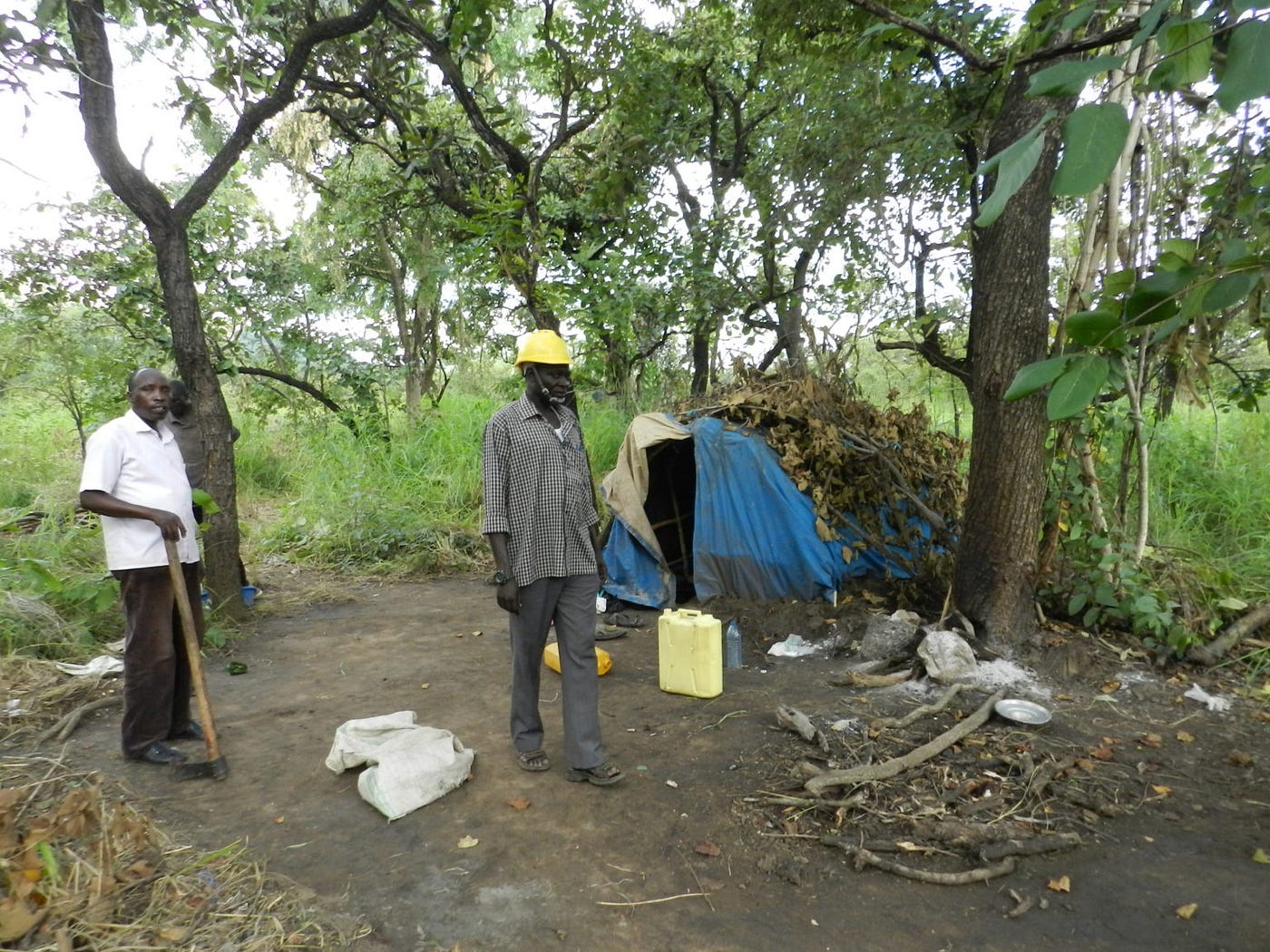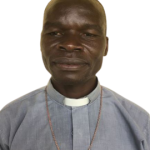Agago District in Uganda has faced a substantial loss of over 20,000 shea nut trees within five months, as revealed by a recent report from cultural leaders in the district. Despite ongoing conservation initiatives, the destruction of these endangered tree species remains a significant concern for the community.
In December 2021, 15 clan leaders from Agago District launched a year-long operation to combat the unauthorized cutting down of shea nut trees, imposing penalties on violators. To assess the situation, a mini-survey was conducted from August to December 2023, revealing the alarming trend of destruction.
Kassimiro Ongom, Chief of the Patongo Clan, reported that the most affected villages were Wipolo, Kazi-kazi, Olel, and Okwang B, spanning Arum, Omot, and Geregere sub-counties. Challenges during the survey included aggression from traders and resistance from locals who consider the trees crucial for their sustenance.
Despite the issuance of Executive Order No.3 of 2023 by President Yoweri Museveni, prohibiting mass trade in indigenous tree species, including shea nut trees, the survey indicated that traders continue to cut and transport these trees during the night.
John Okidi, Agago District Environment Officer, acknowledged the ongoing defiance of the executive order. While figures weren’t provided, Okidi mentioned that several culprits have been apprehended for destroying trees, expressing hope that continued penalties will deter such activities and enhance environmental protection.
To address the loss of forest cover, Agago District passed a resolution in January 2022, mandating tree growing for households, institutions, and individuals. By October 2023, over 750,000 seedlings were distributed to communities through a nursery bed established with support from partners.
The district, aiming to plant 200 million trees in the next decade, is monitoring the survival rate of the distributed seedlings and providing technical guidance to communities. Despite these efforts, individuals like Richard Otwal, who once engaged in shea nut tree cutting, emphasize the need for alternative income sources. Otwal appreciates the district’s initiative to distribute tree seedlings, recognizing it as a vital strategy to combat climate change and sustain livelihoods.
While cultural leaders enacted a by-law against shea nut tree cutting in 2016, and the Ministry of Water and Environment suspended related activities in 2018, the commercial demand for shea nut trees, particularly for charcoal, continues to drive illegal logging.




















